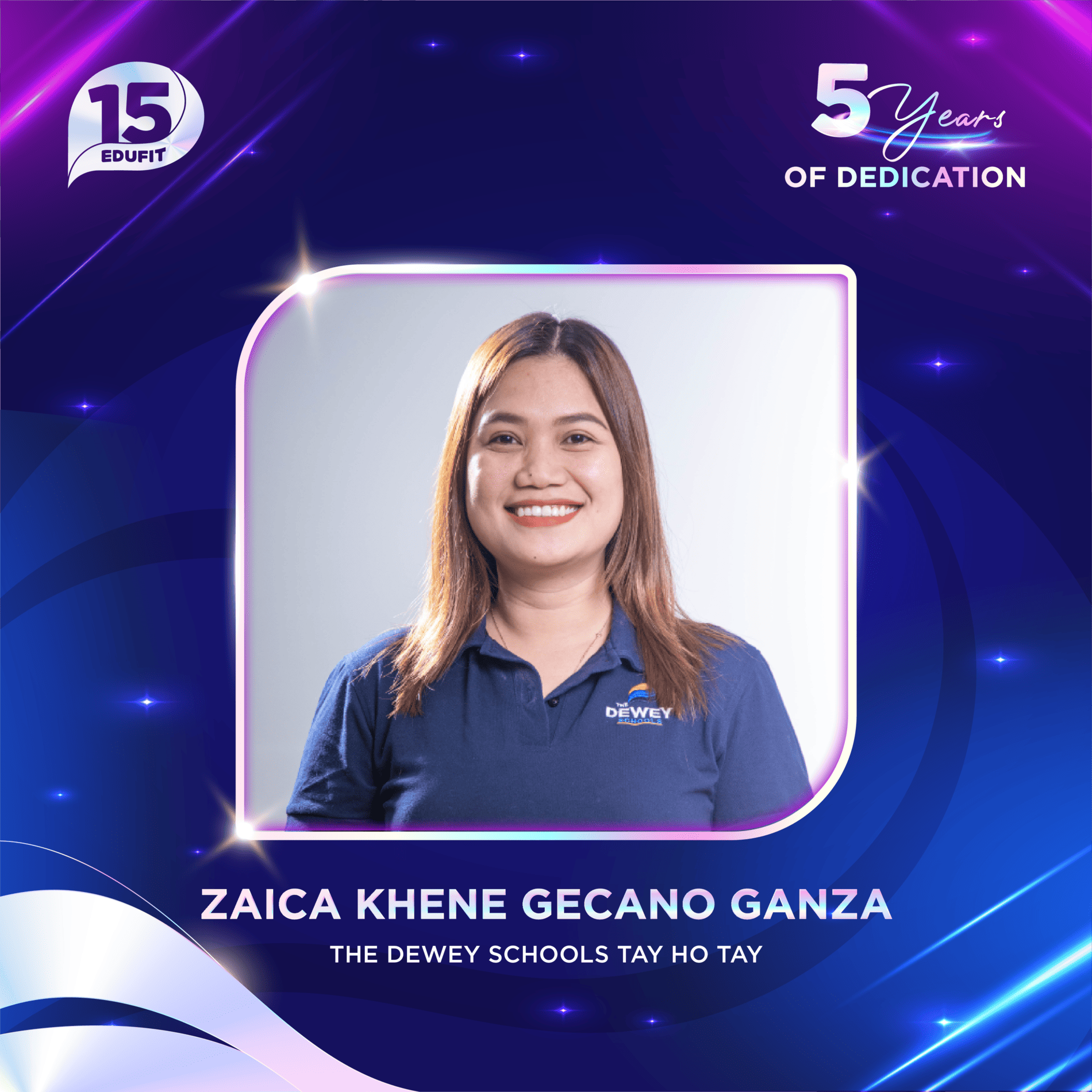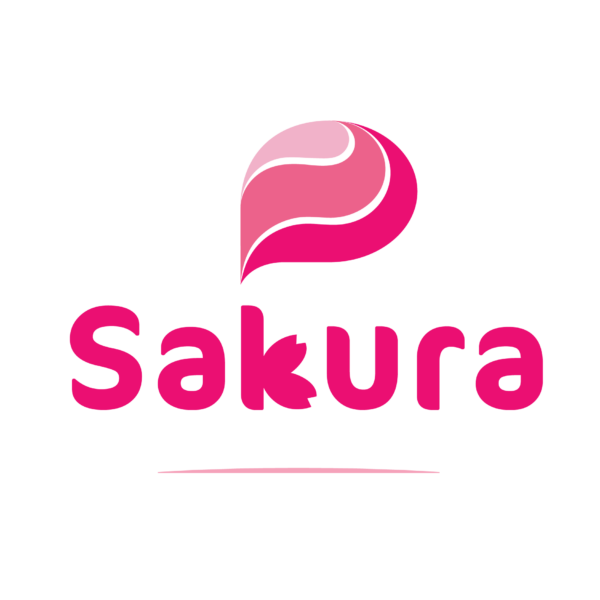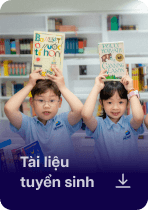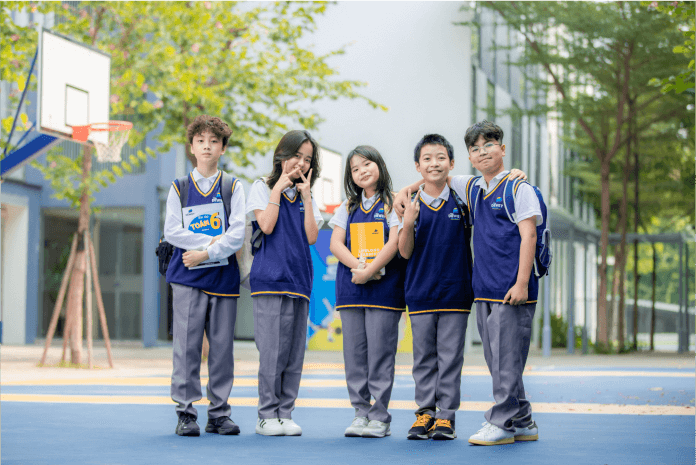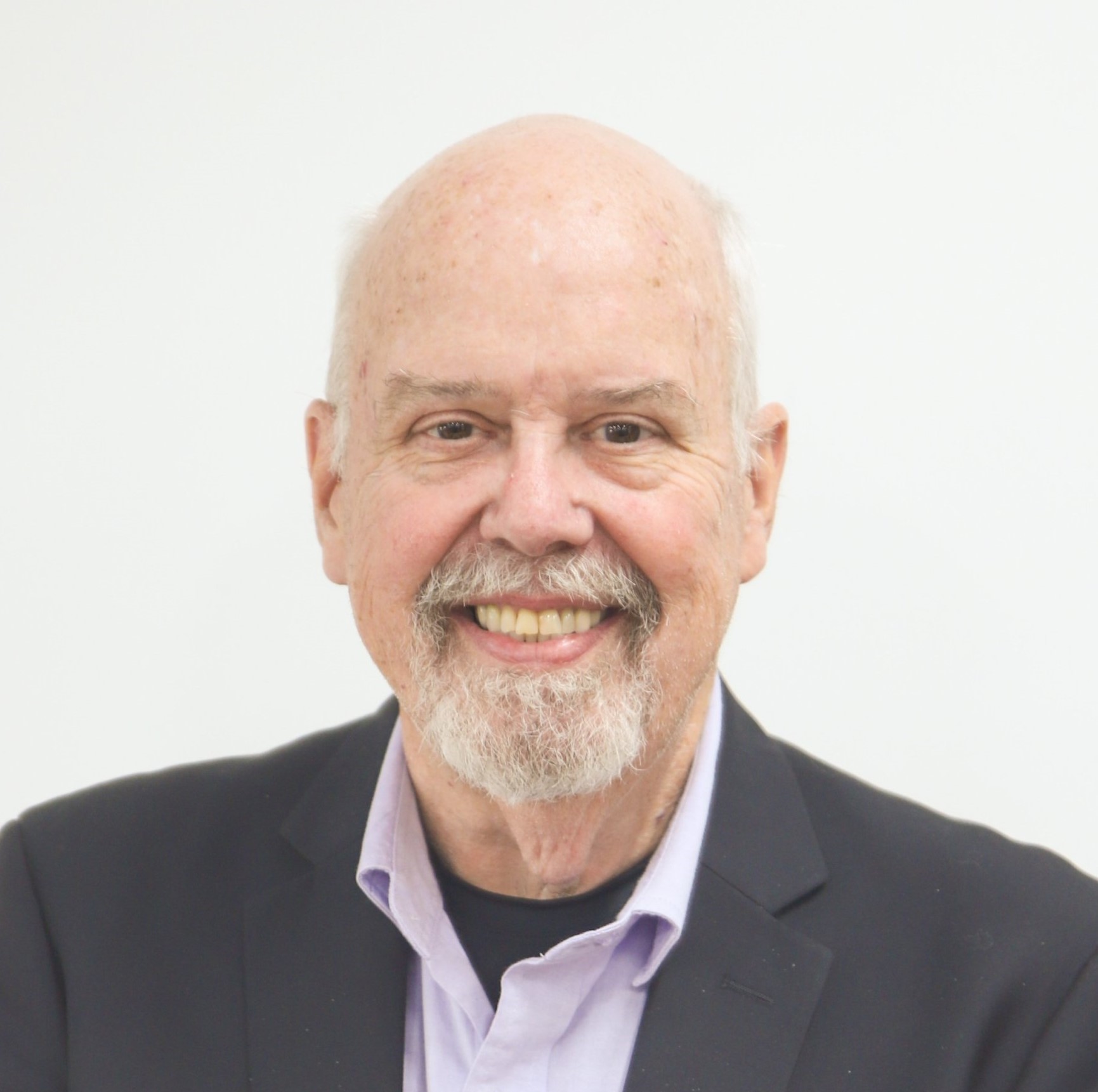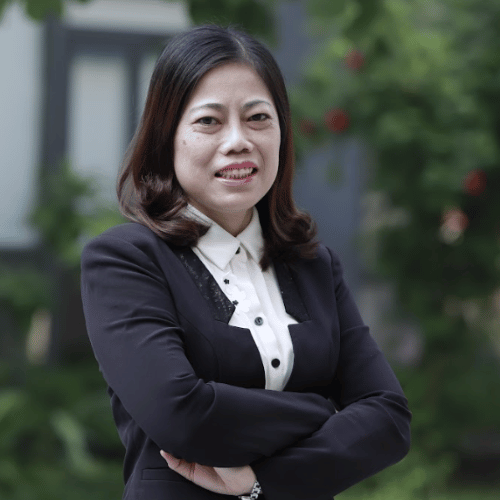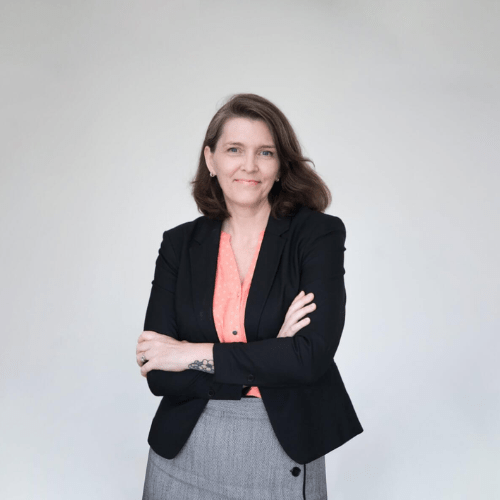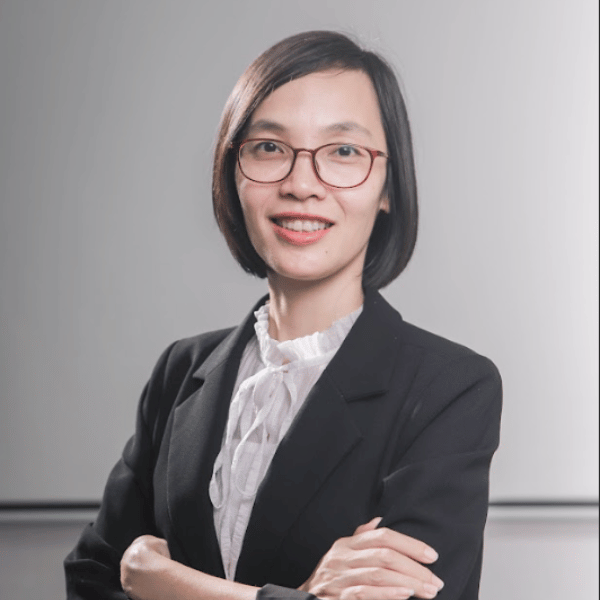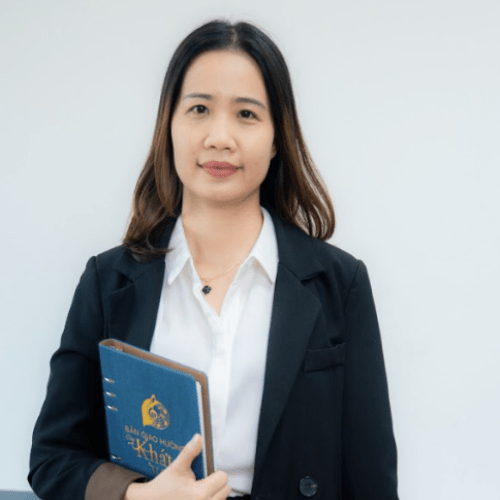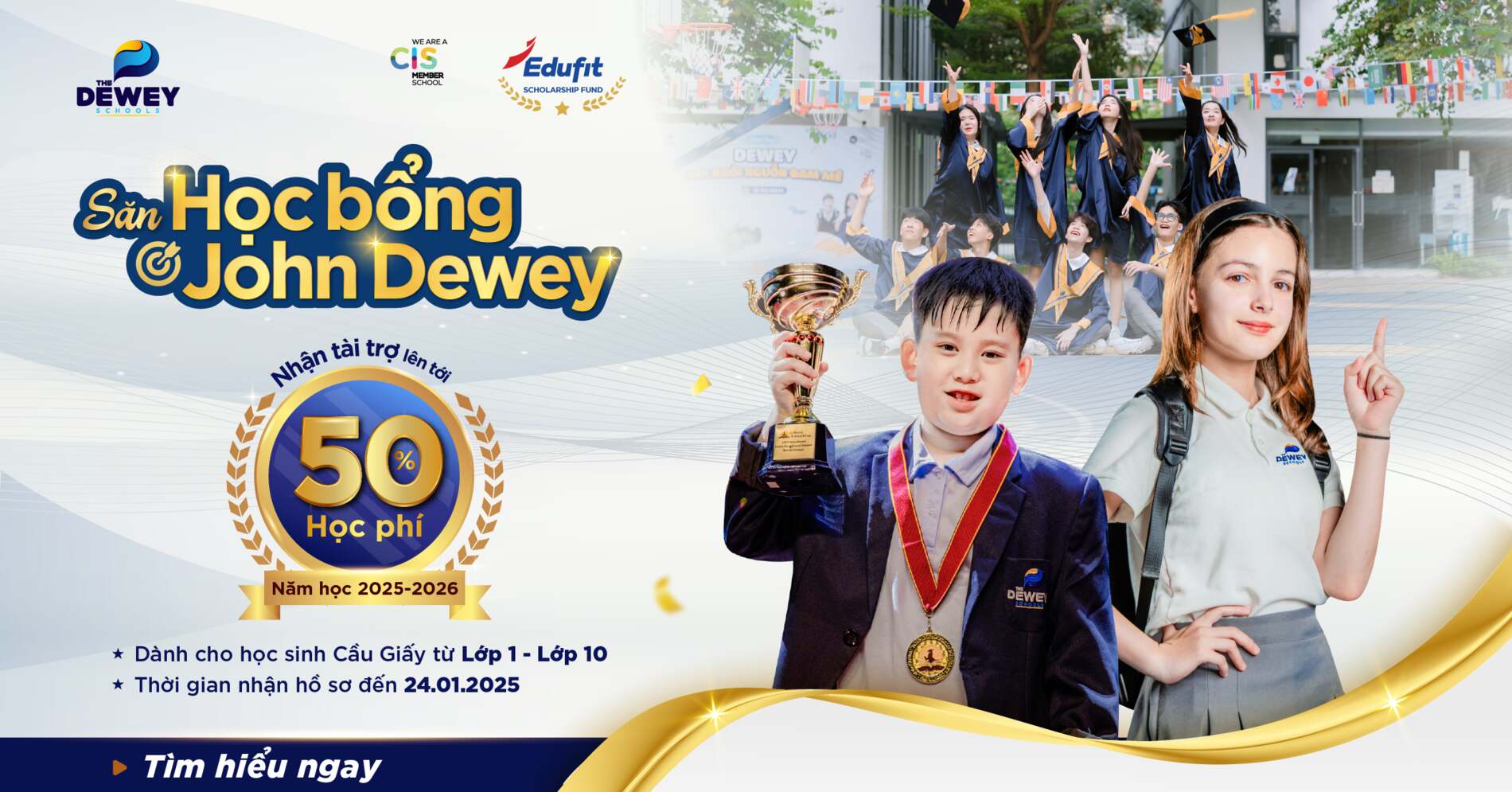In the classroom, TDSers are not only assigned tasks by their teachers, but they also have the opportunity to propose or choose topics and products based on the teacher’s suggestions. Students can then select the form of the product they enjoy the most to complete. This is how differentiated instruction opens up a vibrant world of learning, where each student has the opportunity to develop in their own way.
The teaching methods at The Dewey Schools are grounded in the scientific principles of experiential education. Through differentiated instruction, teachers engage students in the learning process by providing experiences tailored to their readiness, interests, and learning styles.
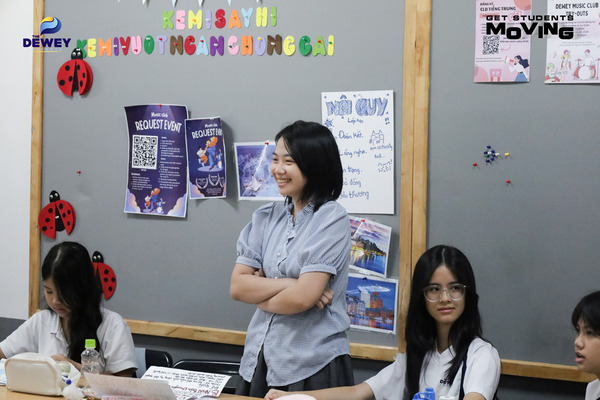


Personalizing the Learning Experience
The project “Modern History Landmarks” is not a typical classroom session where students simply sit and memorize dates. Instead, with the Choice Board suggested by the teacher, students eagerly choose how to approach the project and what product to create:
◾ Designing a newspaper article about the Meiji Restoration
◾ Creating profiles for significant historical figures of the modern era
◾ Designing an infographic about the French Bourgeois Revolution
Experiential education encourages students to engage and learn from real-world activities. However, this can be challenging when students in the class have different abilities and learning styles. Differentiated instruction ensures that every student, regardless of their abilities, is empowered to choose their learning approach and final product. This fosters excitement and ignites passion for the subject.


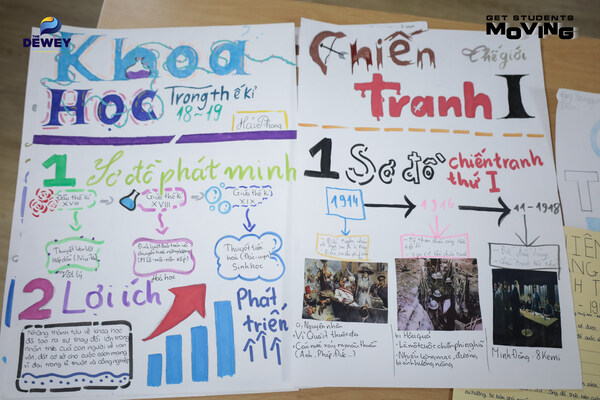

Each Student Shines in Their Own Way
The five-week project “Folk Poetry – The Lyrical Voice of the countryside” is a period where TDSers research, discuss, and create unique products based on folk poetry. This also exemplifies the Product Options strategy of differentiated instruction, which allows students to showcase their understanding through various formats that suit their pace and strengths:
◾ Crafting handmade items like paintings, fans, or hats decorated with folk verses
◾ Performing a lively “Trong Com” dance
◾ Writing and performing the satirical play “A Funeral”
All of these create an artistic space rich in folk culture, where each student has the opportunity to reflect, explore the beauty, and uncover the hidden meanings within the traditional cultural values of Vietnam.
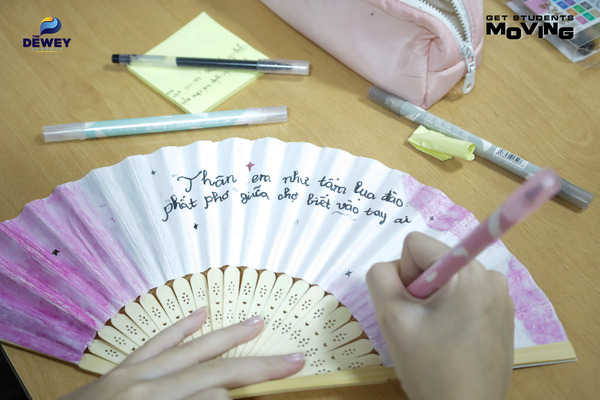
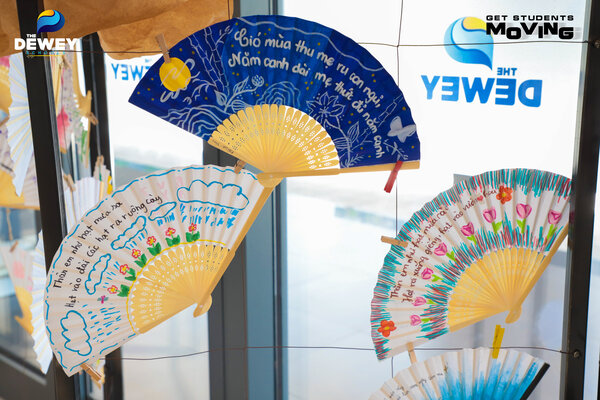
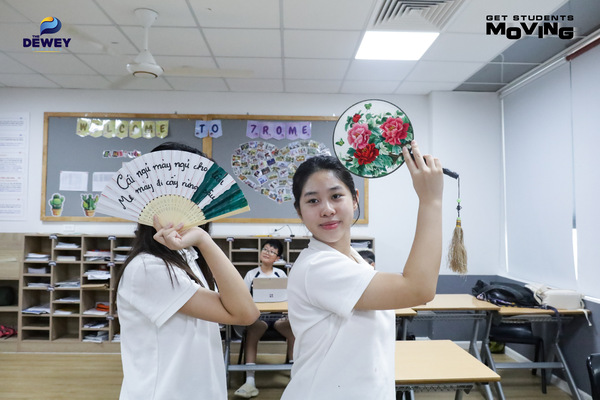
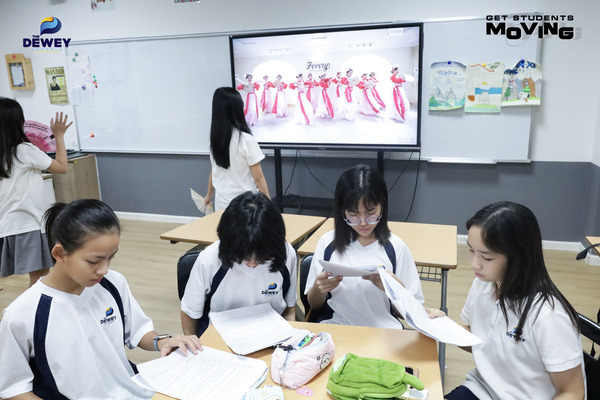
Rather than following a set template, students are free to express their creativity through diverse forms of expression. At the same time, they develop essential skills such as communication, teamwork, problem-solving, and more.
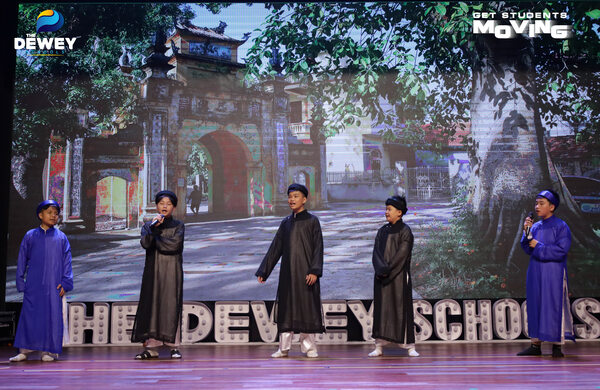
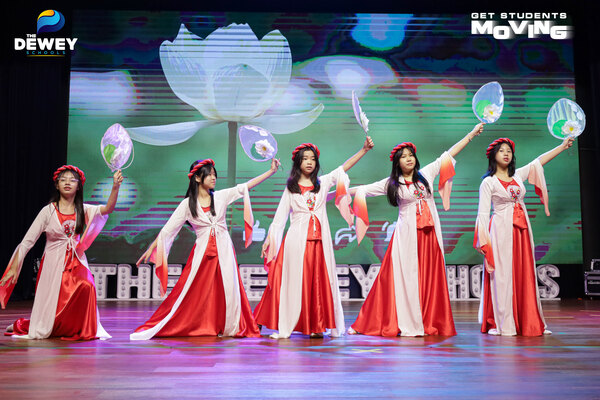
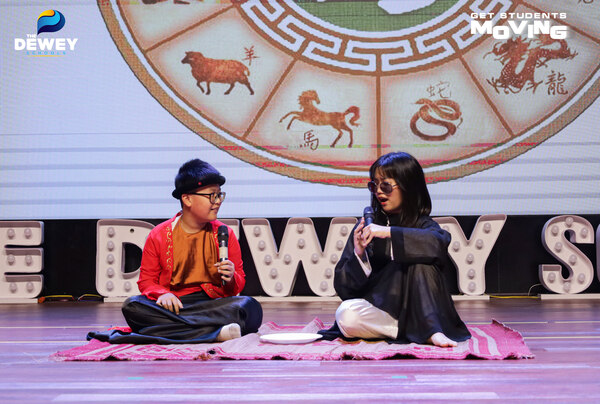
Differentiated instruction also enables teachers to provide tailored feedback or guidance based on each student’s abilities and learning needs, helping them learn flexibly and deepen their understanding through their experiences. In doing so, teachers build a classroom where every student feels respected, supported, and encouraged to learn in a way that is best suited to them. This foundation enables students not only to “learn” but also to discover how to “self-learn” and grow into more independent individuals.
——————
“Get Students Moving” is a campaign by The Dewey Schools, featuring diverse stories about the dynamic, creative spaces of “moving classrooms.” These are places where students are at the heart of every activity, free to move, interact, and shape their own learning experiences. Movement isn’t just about physical steps in the pursuit of knowledge—it reflects the ever-evolving world of thought within each student.
Discover more about “moving classrooms” here: https://bit.ly/GetStudentsMoving



